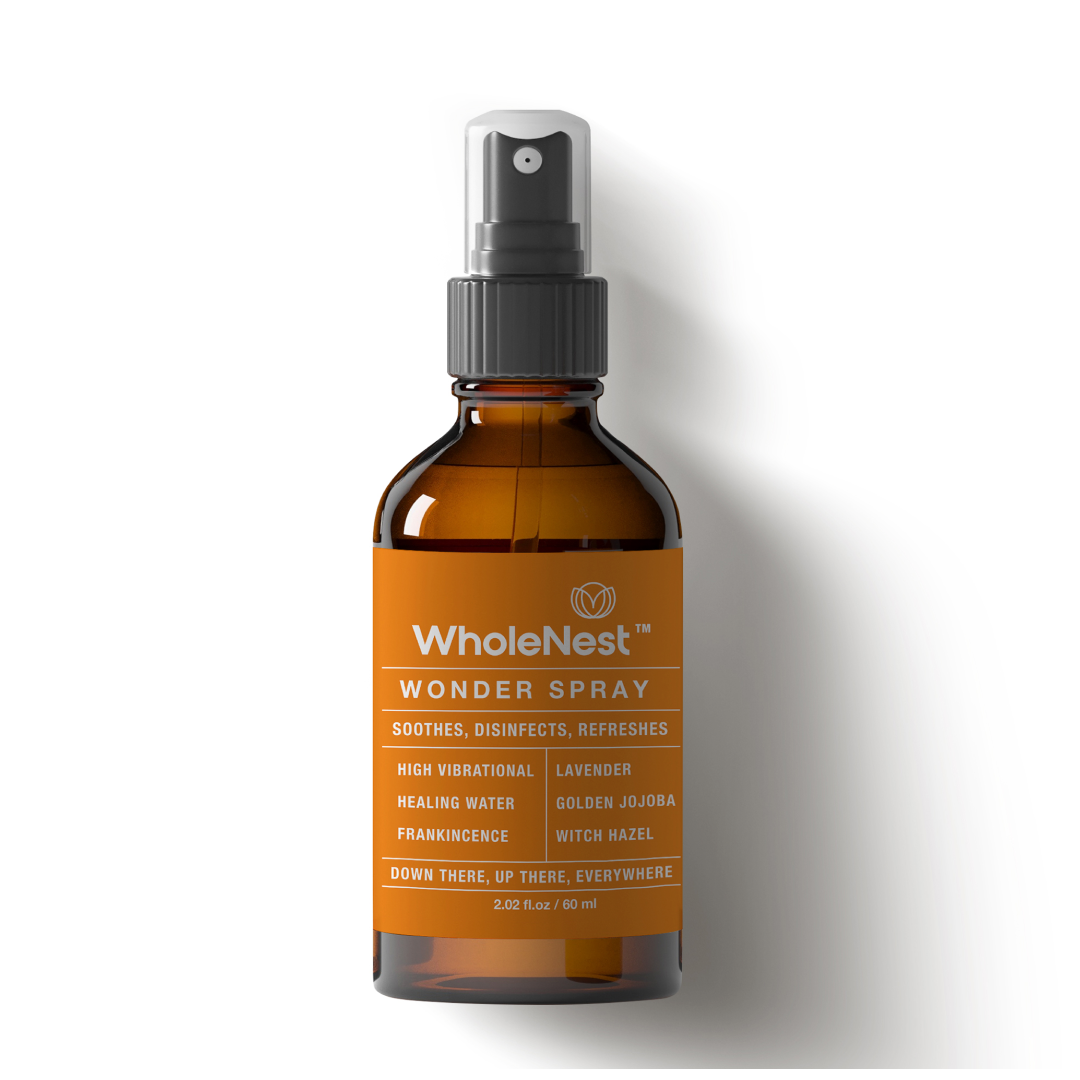So, you’re thinking about having a home birth? That’s awesome! With more and more moms-to-be considering the comfort of their own home for this incredible experience, it’s no wonder you’re curious. Home birth can be a beautiful and empowering choice, but it’s also one that comes with a lot of questions and things to think about.
In this blog, we’re going to dive into what a home birth is all about, the benefits, the challenges, and everything you need to know to make the best decision for you and your baby.
|
TABLE OF CONTENT 2. What are the Benefits of a Home Birth?
|
1. What is a Home Birth?
A home birth is exactly what it sounds like—giving birth in the comfort of your own home rather than a hospital or birthing center. It’s a more intimate setting where you can relax and have more control over your birthing environment.
-
Who’s Involved?
When you choose a home birth, you’ll typically have a midwife or a team of midwives who are trained to support you through labor and delivery. Some families also choose to have a doula, who provides additional emotional and physical support. These professionals come prepared with everything they need for a safe and smooth delivery, from monitoring tools to emergency supplies.
-
Why Choose Home Birth?
There are a bunch of reasons why moms might opt for a home birth. Some love the idea of being in a familiar and cozy environment, where they can make their own rules and feel more relaxed. Others appreciate the flexibility and personal attention they get from their midwives. It’s also a great way to involve family in a more meaningful way and create a memorable, personal experience.
-
The Process
So, what actually happens during a home birth? Typically, you’ll start labor at home, and your midwife will arrive when things get going. They’ll help you through the stages of labor, provide medical care as needed, and support you in delivering your baby. After the birth, you get to stay home and settle in with your new little one, with follow-up visits from your midwife to ensure everything is going smoothly.
Choosing a home birth is a big decision and one that’s all about what feels right for you and your family. If you’re intrigued by the idea of giving birth in a place where you feel most comfortable, a home birth might be worth considering.

2. What are the Benefits of a Home Birth?
Home birth is definitely not the path for everyone, but there are some pretty fantastic benefits that make it a great choice for many moms. Here’s why you might love the idea of welcoming your little one right at home:
-
Comfort and Familiarity
One of the biggest perks of a home birth is the comfort of being in your own space. You can create a cozy environment that feels just right for you. You’re in your own space, surrounded by familiar things, and you can let your nervous system relax. It’s a huge plus to be able to wear your favorite pajamas, have your favorite snacks close by, and be surrounded by things that make you feel cozy and at ease.
-
More Control Over Your Birth Plan
At home, you have more flexibility with your birth plan. If you want to move around, change positions, or try different comfort measures, you can do so without the constraints of a hospital setting. You’re in charge of how you labor and deliver, with your midwife supporting your choices. It’s a more personalized experience, where you can make decisions about how you want your labor and delivery to go, without the typical hospital routines.
-
Close Family Involvement
One of the great things about home birth is how it can involve the whole family. Siblings, partners, and loved ones can be present in a more intimate way, which can make the experience even more special. It’s a chance for everyone to be part of welcoming the new baby.
-
Quicker Recovery
After your baby arrives, you get to stay in your comfy home and settle in at your own pace. There’s no need to worry about hospital policies or schedules—just you, your baby, and your cozy space. Plus, having your own bathroom and bed can make a recovery a lot easier and more comfortable.
-
Lower Risk of Interventions
Many moms find that home births come with fewer medical interventions. Because you’re in a more relaxed environment, there’s often less pressure and fewer routine procedures. Your midwife will focus on supporting you naturally and only recommend medical interventions if absolutely necessary.
-
Bonding Time
Home birth gives you the chance to bond with your baby right away, without the hustle and bustle of a hospital setting. You can enjoy those first moments together, start breastfeeding, and begin to establish a routine in a relaxed atmosphere.

3. What are the considerations and challenges to consider?
We’ve talked about the awesome benefits of a home birth, but it’s also important to be aware of some potential challenges and considerations. This isn’t to scare you away but to make sure you’re fully prepared for what’s ahead. Here’s what you need to think about:
-
Safety First
One of the biggest things to think about is safety. Home births can be very safe when managed by experienced professionals, but it’s crucial to have a well-trained midwife who knows how to handle any situation that might come up. Make sure you’re comfortable with their experience and qualifications.
-
Have a Backup Plan
It’s always a good idea to have a backup plan just in case things don’t go as expected. Your midwife should have a plan for transferring you to a hospital if necessary. Make sure you’re aware of the nearest hospital and have a route planned out. It’s about being prepared, just in case.
-
Fears and Misconceptions
There are some common myths about home births, like the idea that they’re riskier or that you’re all alone. In reality, many moms have safe and beautiful home births with the right support. It’s helpful to talk through any fears or concerns with your midwife or a trusted healthcare professional to get the facts.
-
Space and Supplies
You’ll need to prepare your home for the birth. This means setting up a clean and comfortable space for labor and delivery. You’ll also need to gather some supplies, like towels, a birth pool if you’re planning on water birth, and basic medical equipment. Your midwife will guide you on what’s needed, but it’s good to be prepared.
-
Emotional Preparation
Home birth can be an emotional journey, and it’s important to be mentally prepared. Talk with your partner, family, or support system about your plans and make sure everyone’s on board. You can also do a Healing Circle Meditation to prepare you for that day. It can be a bit of a rollercoaster, so having a solid support network in place can make a big difference.
-
Recovery Considerations
While recovering at home is comfortable, it also means you’ll need to manage your own care and any complications that might arise. Make sure you have support in place for the postpartum period, including help with household tasks and baby care.
To have a home birth, you must be 100% sure that it's what you want, understand all the risks, and take responsibility for the decision. It is not for everyone. You must educate yourself thoroughly and trust that this is the right choice for you. This is a very personal decision. If you have any doubts about it, it's better not to choose this route, as those doubts could subconsciously increase your risk.

4. How to Prepare for a Home Birth?
-
Find the Right Midwife
Your midwife will be your go-to person for a home birth, so it’s crucial to find someone who’s experienced and makes you feel comfortable. Do some research, read reviews, and have a few chats to make sure you’re on the same page. They’ll guide you through the whole process and help you prepare for the birth.
-
Gather Supplies
You’ll need to get a few things ready for the big day. Here’s a quick checklist:
- Birthing Supplies: Your midwife will give you a list, but common items include towels, a waterproof sheet, and a birth pool if you’re planning on a water birth.
- Comfort Items: Stock up on things that make you feel cozy—think pillows, blankets, snacks, and postpartum essentials.
- Medical Supplies: Your midwife will bring most of the medical supplies, but make sure you have things like a thermometer, a clean area for the birth, and any specific items your midwife might recommend.
-
Create a Birth Plan
A birth plan is like your roadmap for the day. It outlines what you’d like to happen during labor and delivery, including your preferences for pain management, who you want present, and any special requests. Share this plan with your midwife so they know exactly how to support you.
-
Prepare Your Home
Set up a dedicated space for labor and delivery. This could be your bedroom or another cozy spot in your home. Make sure it’s clean, comfortable, and ready for you to spend time in. You might also want to set up a “rest and recovery” area for after the birth.
-
Communicate with Your Support System
Let your family and friends know about your plans. If you want them involved, make sure they understand their role and how they can best support you. It’s also a good idea to have a backup plan for childcare or other responsibilities if you need extra help.
-
Plan for Postpartum Care
Recovery is an important part of the process. Ask for help with household chores, meal prep, and baby care, and stock your postpartum kit for the days and weeks following the birth. Having support in place will let you focus on bonding with your baby and taking care of yourself.
Choosing a home birth can be a beautiful and personal experience, offering you the chance to bring your little one into the world in a setting that’s all about you and your family. It’s a journey that requires careful planning and support, but it can be incredibly rewarding.
Remember, finding what feels right for you and your baby is the most important thing. If you’re drawn to the idea of a home birth, take the time to research, prepare, and connect with the right professionals to make your experience as smooth and positive as possible.





